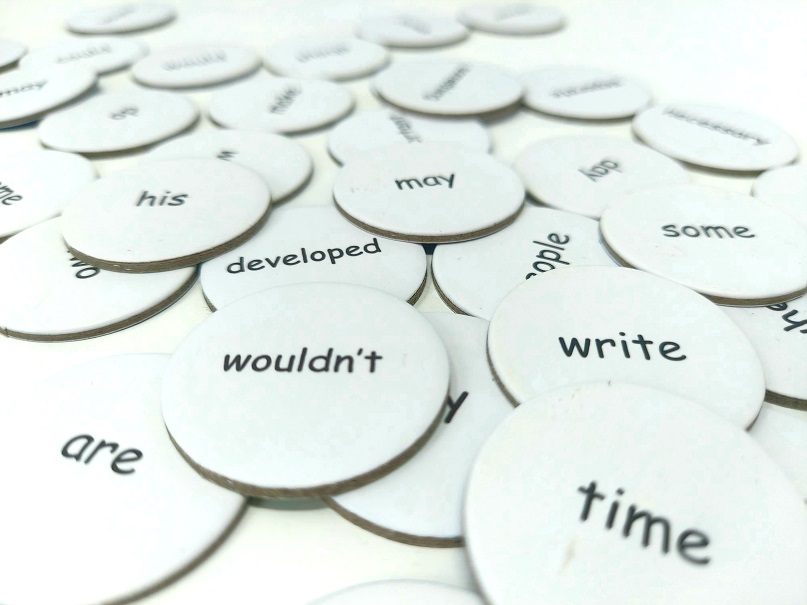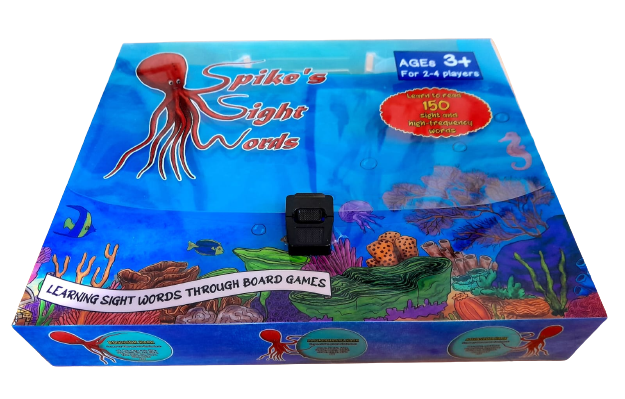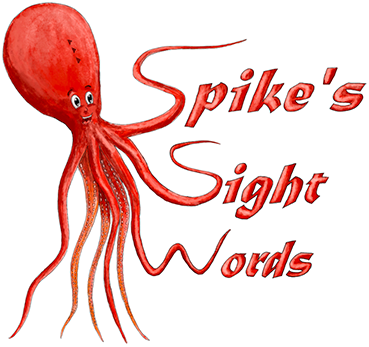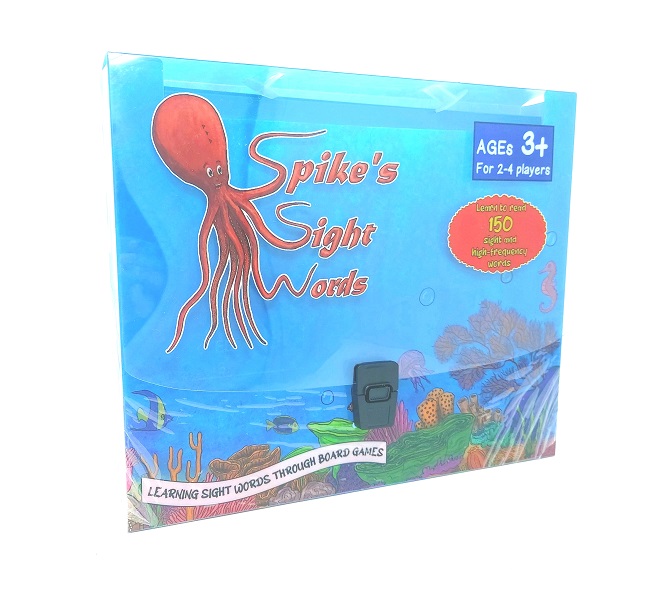
Some kids struggle to grasp the very building blocks of reading, while others get the basics but find it hard to build fluency or comprehension.
LET’S LOOK AT WHY
1.They haven’t understood phonics properly yet
Phonics is the system by which children learn to read, and involves breaking words down into their constituent sounds (for example, ‘h-a-t’) and then blending them together to sound out the whole word.
Some children take to phonics easily, but others find it doesn’t come naturally.

2. Lack of Individualised Support
The learning needs of each child are unique! A classroom with 30+ students offers little opportunity to work individually with a teacher.
Teachers are managing 30+ kids with 30+ different unique needs. In most cases, students receive only large/small group instruction. As a result, teachers have to gear their instruction to address the whole group’s needs in a large classroom and thus miss the individual needs of struggling students.

3. Those from homes where the parents’ reading levels and practices are low
Yes sadly as we all know some parents just don’t prioritise reading with their children. Modern technology gets in the way as well as other factors. Some children are never read to and don’t even own any books in the house. This can be down to the parents own reading struggles and attitudes but we ask. how will a child ever succeed with reading without parental support? Surely, the circle can be broken?

4. They have dyslexia
There are several reasons why children with dyslexia might struggle with reading. Some of these include difficulty with phonological awareness, problems with working memory as they can’t hold the phonemes (sounds) in their memory for long enough to blend them together, and with processing speed.
As a quick note, our educational board games were Nominated for a British Dyslexia Association Award this year and were praised for ‘giving children a fun, visual and engaging way to learn’.

5. English is not their first language
Learning to read can be hard enough for children who are native English speakers, so it’s no surprise that kids who don’t speak English at home can have additional difficulties.
It can be especially hard to support your child with reading if you yourself are not a fluent reader or speaker of English. Our board games can help make the learning process fun and engaging.



